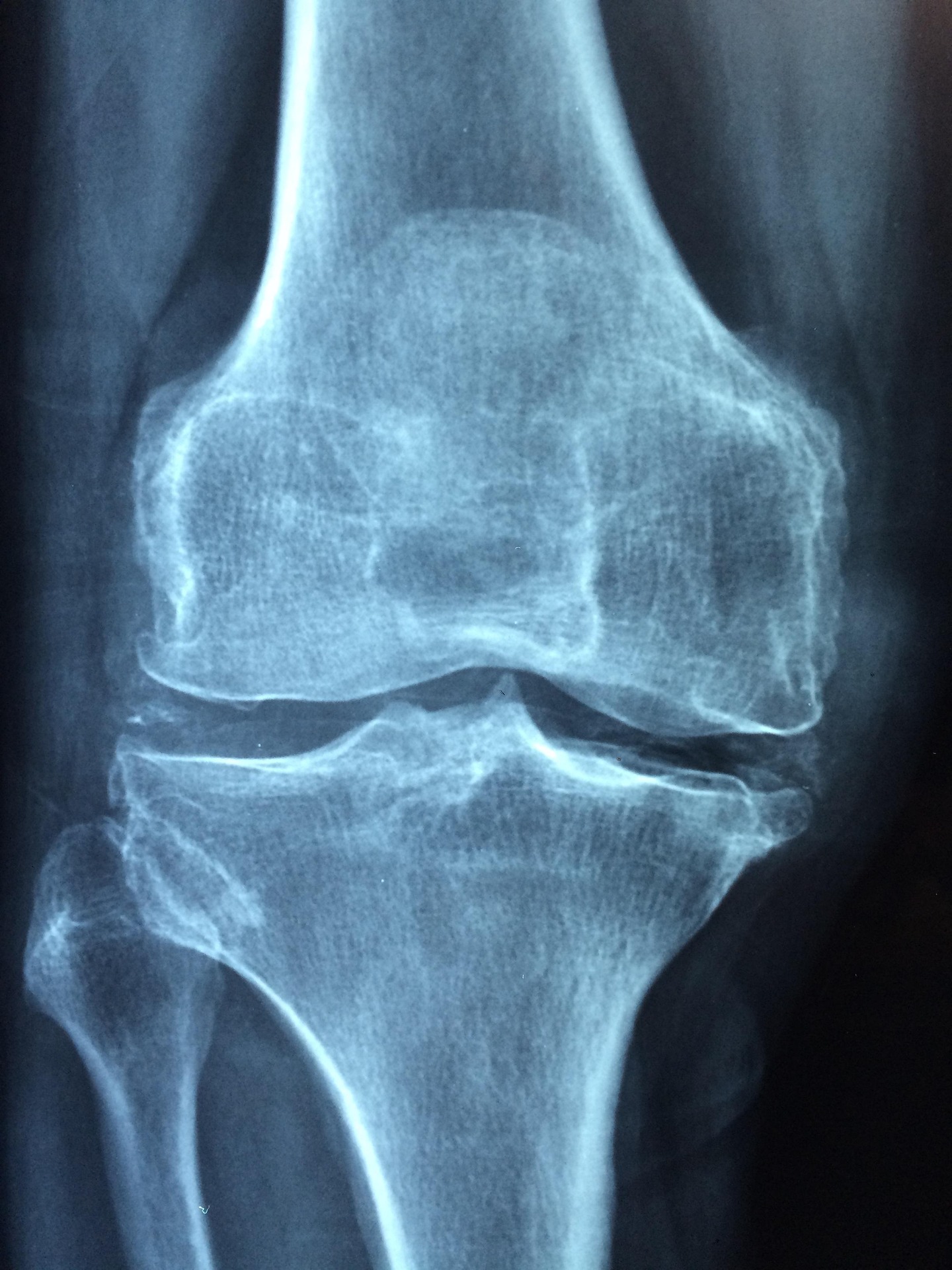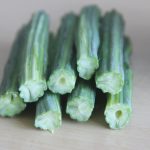
Joint pain is a widespread health issue that impacts individuals of all ages, though it is more common in older adults. The pain can vary from a slight, bothersome ache to a severe, chronic condition that can diminish your quality of life. Whether caused by aging, injuries, or underlying health issues, identifying the cause of joint pain is crucial for determining the appropriate treatment.
In this article, we will examine the various causes of joint pain and, most importantly, provide practical, natural remedies to help alleviate discomfort and enhance mobility.
What is Joint Pain?
Joint pain involves discomfort, aches, or soreness in any joint—where two or more bones meet, such as in the knees, elbows, hips, and shoulders. It can be acute (short-lived) or chronic (lasting longer than three months). The pain may originate from the joint itself or from surrounding tissues like muscles, tendons, or ligaments.
Common Causes of Joint Pain:-
- Osteoarthritis: The most prevalent type of arthritis, this condition arises when the cartilage that cushions bone ends deteriorates over time, leading to bones rubbing against each other.
- Rheumatoid Arthritis: An autoimmune disorder where the immune system mistakenly attacks joints, resulting in inflammation, swelling, and pain.
- Injuries: Joint pain can occur due to sprains, fractures, dislocations, or ligament tears sustained during physical activity or accidents.
- Gout: A type of arthritis caused by the accumulation of uric acid crystals in the joints, often impacting the big toe.
-Bursitis: Inflammation of the bursae, the fluid-filled sacs that cushion joints, can lead to pain, especially with repetitive motion. - Tendinitis: Inflammation or irritation of the tendons due to overuse or aging.
- Infections and Viral Illnesses: Conditions like Lyme disease or viral infections can result in joint discomfort.
- Poor Posture and Sedentary Lifestyle: A lack of movement can lead to stiffness and discomfort, particularly in the back, hips, and knees.
Symptoms to Monitor
- Stiffness, particularly in the morning or after inactivity
- Swelling and redness around the joint
- Reduced range of motion
- Clicking or popping sounds
- Weakness or instability in the joint
If joint pain continues or is associated with fever, unexplained weight loss, or severe swelling, it is advisable to seek medical attention.
Effective Solutions for Alleviating Joint Pain:-
While the appropriate treatment depends on the specific cause, there are several remedies and strategies to help alleviate joint pain:
- Physical Activity and Exercise-
Engaging in regular, low-impact exercises such as walking, swimming, or cycling maintains joint flexibility and strengthens muscles. Additionally, incorporating yoga and stretching exercises can enhance flexibility and alleviate stiffness.
Tip: Steer clear of high-impact activities that may exacerbate joint damage, particularly in instances of osteoarthritis.
- Weight Management-
Carrying excess weight adds additional strain to weight-bearing joints like the knees and hips. Even modest weight loss can lead to significant reductions in pain and enhancements in mobility. - Heat and Cold Therapy-
Using a hot compress can help soothe stiff joints and relax muscles, while a cold pack can assist in reducing inflammation and numbing sharp pain. - Over-the-Counter Medications-
Nonsteroidal anti-inflammatory drugs (NSAIDs), such as ibuprofen, can help alleviate pain and reduce inflammation. It’s important to use them under medical supervision, especially for prolonged use. - Supplements-
- Glucosamine and Chondroitin: May aid in preserving cartilage and alleviating arthritis symptoms.
- Omega-3 Fatty Acids: Found in fish oil, these have anti-inflammatory effects.
- Turmeric (Curcumin): A natural anti-inflammatory that can help lessen joint discomfort.
- Vitamin D and Calcium: Essential for bone health and possibly preventing joint issues.
- Herbal and Natural Remedies-
Ginger is recognized for its anti-inflammatory properties, while Boswellia (Indian frankincense) is commonly utilized in Ayurvedic medicine to mitigate arthritis symptoms. - Physical Therapy-
A qualified physical therapist can develop a tailored program aimed at strengthening joints, improving posture, and restoring a normal range of motion. - Massage Therapy-
Gentle massage can enhance blood flow and relax nearby muscles, which may alleviate joint stiffness. - Acupuncture-
This traditional Chinese technique might help manage chronic joint pain, particularly pain related to osteoarthritis. - Joint-Friendly Diet-
Consuming a diet rich in antioxidants, omega-3 fatty acids, and anti-inflammatory foods (such as fruits, leafy greens, nuts, and fatty fish) can help reduce joint inflammation.
When to Consult a Medical Professional:-
If the pain is severe, does not improve with home remedies, or hinders your daily activities, it’s important to seek medical attention. You may require imaging tests, blood work, or more specialized treatments like corticosteroid injections or even surgical options in severe cases.
Conclusion:-
While joint pain can be a source of frustration, it is manageable with the right strategies. A balanced lifestyle, proper nutrition, regular physical activity, and natural remedies can significantly improve joint health and reduce discomfort.
Stay vigilant, heed your body’s signals, and don’t hesitate to consult a healthcare professional when necessary. Your joints will appreciate the care!
-Triparna







